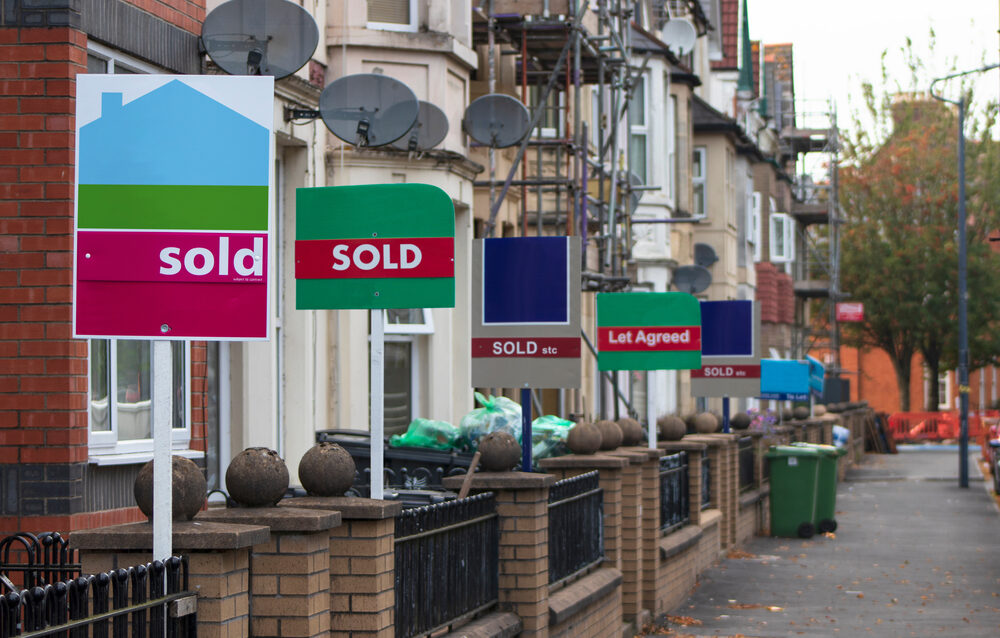You’ve seen the property of your dreams, you’ve fallen in love, you’re about to commit…
STOP! Have you asked these crucial questions:
Why is the owner selling?
The answer to this question may flag up possible issues with the neighbourhood (perhaps there’s been an increase in congestion or crime levels) or even with the neighbours (if they’re noisy, for example). Ask how long the owner has lived there and try to get an idea of how often the property has changed hands.
How long has the property been on the market?
If it’s been on the market for several months, it could be that it’s overpriced or that there are other problems that you haven’t identified. Or it could just be that it wasn’t right for the other people who viewed it; the owner may be willing to reduce the price to make a sale.
Has there been any major work on the building?
If so, it’s a good idea to check that the appropriate planning and building consents are in place. If they aren’t, it could mean that lovely extension at the back will have to be demolished! Make sure your solicitor is aware of any major works as they will have more experience in this area. To reduce the risk of you having to do any expensive work on the property yourself, check that the roof, window frames and guttering are all in good condition.
What’s included in the sale?
If items like carpets, curtains and kitchen appliances are included it could save you quite a lot of money when you move. And if they aren’t, you’ll know you need to budget for them. Check on less obvious things like the greenhouse or garden shed. Make sure you know where the boundaries lie too.
What’s the neighbourhood like in general and the neighbours in particular?
Ask about schools, transport links and local amenities as well as anything specific that really matters to you. Try to find out if any major changes are planned, for example, a new road, school or shops. When it comes to the neighbours, the owner may not tell you everything but you will at least get some idea of what to expect.
How much are Council Tax and utility bills?
It’s useful to have this information so you can budget for your running costs.
If there isn’t off-street parking, is it difficult to park? Will you need a permit and how much will that cost?
If parking is a hassle, would that affect your buying decision? For example, if you have small children and you would need to cross a road to reach your car that could make life difficult.
Which way does the property face?
The garden may be lovely but if it faces east, it won’t get any sunshine for those evening drinks on the patio. North/south facing properties will have loads of sunshine on the south side, but the north-facing rooms will be considerably darker and cooler. Think about which rooms/areas you’ll be using most.
Is it leasehold or freehold?
Freehold means that you will own the property for as long as you live. Leasehold means that you own a lease to the property for a certain number of years. Buying a leasehold property can involve certain additional charges – your solicitor will be able to explain these to you.
And here’s a question you need to ask yourself…
Will I still love it in 5, 10, 15 years and will it be right for my family?
You aren’t just buying a property of course; you’re buying your home. The place where you can shut the door on the world outside and just be yourself. So as well as the practical questions above, you do need to ask yourself if it’s going to be right for you, both now and in the future.
And remember, we’re here to help you buy your new home. Talk to us on 0114 249 6926.


